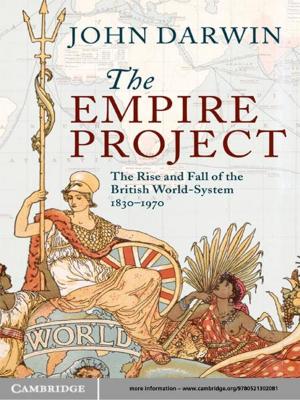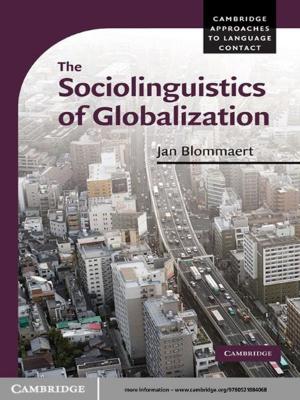Exclusionary Practices
The Economics of Monopolisation and Abuse of Dominance
Business & Finance, Management & Leadership, Industrial Management, Nonfiction, Reference & Language, Law| Author: | Chiara Fumagalli, Massimo Motta, Claudio Calcagno | ISBN: | 9781108546805 |
| Publisher: | Cambridge University Press | Publication: | January 11, 2018 |
| Imprint: | Cambridge University Press | Language: | English |
| Author: | Chiara Fumagalli, Massimo Motta, Claudio Calcagno |
| ISBN: | 9781108546805 |
| Publisher: | Cambridge University Press |
| Publication: | January 11, 2018 |
| Imprint: | Cambridge University Press |
| Language: | English |
The most controversial area in competition policy is that of exclusionary practices, where actions are taken by dominant firms to deter competitors from challenging their market positions. Economists have been struggling to explain such conduct and to guide policy-makers in designing sensible enforcement rules. In this book, authors Chiara Fumagalli, Massimo Motta, and Claudio Calcagno explore predatory pricing, rebates, exclusive dealing, tying, and vertical foreclosure, through a blend of theory and practice. They develop a general framework which builds on and extends existing economic theories, drawing upon case law, discussions of cases and other practical considerations to identify workable criteria that can guide competition authorities to assess exclusionary practices. Along with analyses of policy implications and insights applied to case studies, the book provides practitioners with non-technical discussions of the issues at hand, while guiding economics students with dedicated technical sections with rigorous formal models.
The most controversial area in competition policy is that of exclusionary practices, where actions are taken by dominant firms to deter competitors from challenging their market positions. Economists have been struggling to explain such conduct and to guide policy-makers in designing sensible enforcement rules. In this book, authors Chiara Fumagalli, Massimo Motta, and Claudio Calcagno explore predatory pricing, rebates, exclusive dealing, tying, and vertical foreclosure, through a blend of theory and practice. They develop a general framework which builds on and extends existing economic theories, drawing upon case law, discussions of cases and other practical considerations to identify workable criteria that can guide competition authorities to assess exclusionary practices. Along with analyses of policy implications and insights applied to case studies, the book provides practitioners with non-technical discussions of the issues at hand, while guiding economics students with dedicated technical sections with rigorous formal models.















